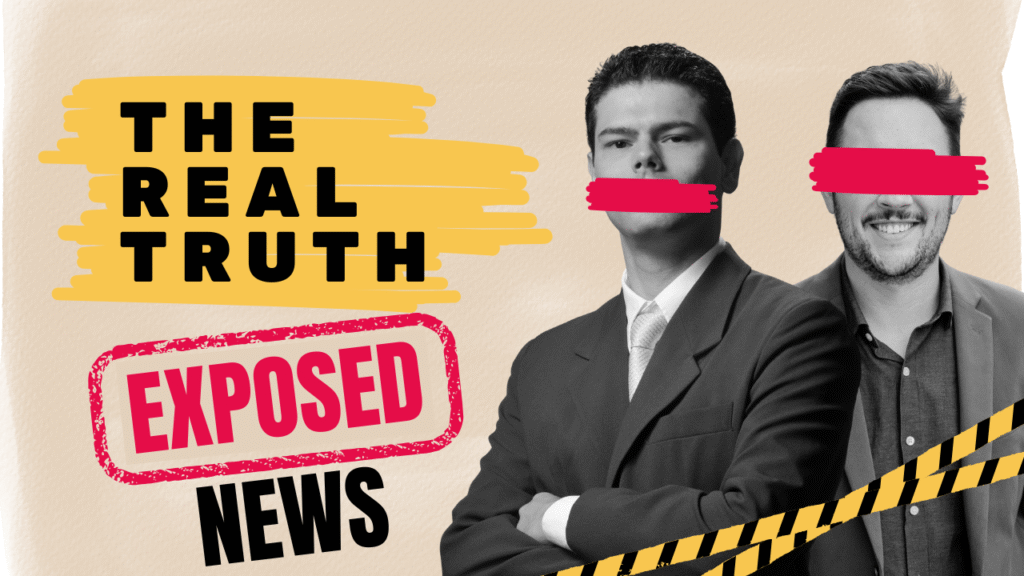Hair loss is a prevalent concern affecting millions worldwide, eliciting profound implications both physically and emotionally. Understanding the myriad causes and available solutions is crucial for those seeking effective management and treatment. Hair loss may manifest due to genetic predispositions, medical conditions, nutritional deficiencies, or lifestyle choices. Conditions such as androgenic alopecia and alopecia areata are known for their distinct patterns of hair thinning and shedding. While genetics undeniably plays a significant role, external factors such as stress, dietary habits, and hormonal changes are equally influential. Beyond the physical realm, hair loss can lead to considerable emotional distress, necessitating a holistic approach to treatment that addresses the psychological impact. By examining both traditional remedies and innovative advancements, one can navigate the complexities of hair loss more effectively.
Exploring the varied causes of hair loss
At the heart of understanding hair loss are its diverse causative factors. Genetic or androgenic alopecia is the most common type, often exacerbated with age and affecting both genders differently. Medical conditions like thyroid diseases, iron deficiency, and autoimmune disorders such as alopecia areata also contribute significantly. Moreover, emotional and physical stress can trigger telogen effluvium, resulting in diffuse hair shedding. Nutritional deficiencies, particularly in iron, zinc, and vitamin D, further potentiate hair loss conditions. Recognizing that these factors often intertwine is key to addressing hair loss comprehensively.
Treatment options – From medications to lifestyle changes
Addressing hair loss begins with understanding the spectrum of available treatments. Medications like Minoxidil and Finasteride are extensively utilized for androgenetic alopecia, while newer therapies like JAK inhibitors are emerging for conditions such as alopecia areata. Surgical options, including hair transplants, offer permanent solutions for certain types. On a non-pharmaceutical front, dietary supplements, stress management, and gentle hair care practices serve as preventive strategies. However, navigating these treatments requires careful consideration of individual suitability and effectiveness, as results can vary widely.
The psychological impact of hair loss and coping strategies
The emotional ramifications of hair loss cannot be overstated. Individuals experiencing significant hair shedding often face psychological challenges, including diminished self-esteem and social anxiety. It’s paramount to incorporate psychological support mechanisms alongside traditional treatments. Therapy, support groups, and open communication about hair loss can alleviate emotional distress, fostering a more positive mindset in affected individuals. Such holistic approaches to hair loss emphasize the interplay between physical treatment and emotional well-being, fostering more comprehensive care strategies.
For further insights and resources about hair loss, including cutting-edge treatment options and supportive care strategies, visit the provided link for comprehensive guidance tailored to your needs. Understanding and navigating the array of solutions will empower those facing hair loss challenges to make informed decisions in managing their condition.

